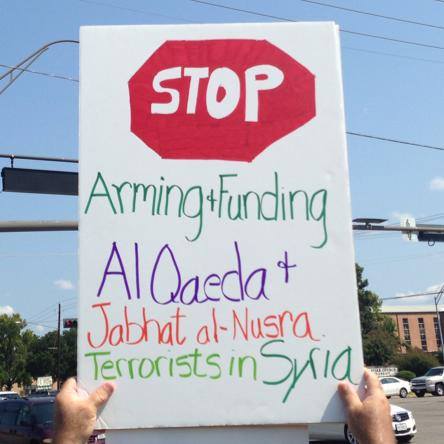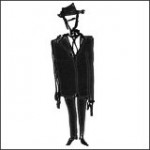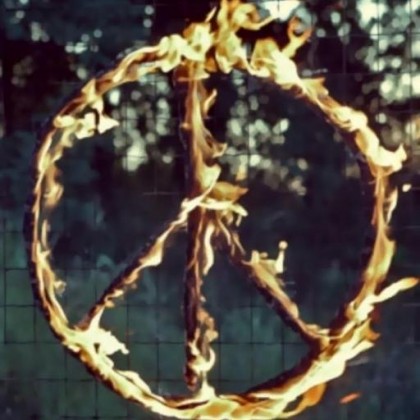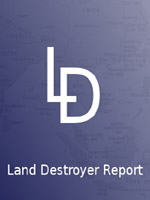Tunisian Nobel Peace Prize an Indictment of US Intervention in the Arab Spring
A group of peace negotiators has won the Nobel Peace Prize for its role in preserving the Tunisian Revolution. That 2011 event kicked off the wave of uprisings known as the Arab Spring. The Tunisian Revolution is widely seen as the one bright spot of the Arab Spring, which has otherwise brought war, tyranny, and chaos to […]







